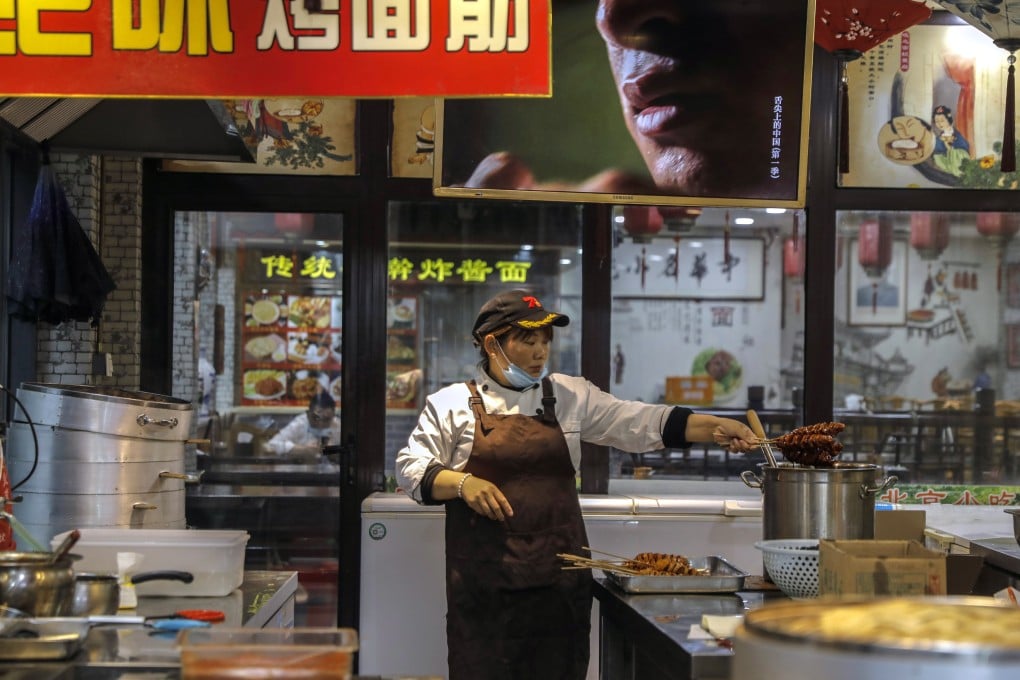Advertisement
In a post-pandemic economy, Asian businesses will think smaller and safer, with worrying implications for many workers
- Asia’s business leaders now start almost every discussion by talking about digital transformation
- Human labour is a business risk, given the possibility of a future outbreak. Factories may become more automated, with fewer workers
Reading Time:4 minutes
Why you can trust SCMP

If you’re an office worker using Zoom while working from home, you’re part of a speeded-up Covid-19-induced technological revolution.
Buyers of electrical grid transformers are conducting quality testing remotely via cameras and sensors. Doctors are making diagnoses via video. Employees are swiping QR codes on their mobile phones to confirm their health status and gain access to office buildings.
These are only a few of the changes since borders closed across the world and 60 per cent of global gross domestic product went into lockdown – changes that would be stunning at any other time.
Advertisement
With over 300,000 people having lost their lives amid the pandemic and a downturn that rivals the Great Depression, talk about business can seem crass or unfeeling. But the economic devastation resulting from the response to Covid-19 makes it all the more important to look at how the corporate landscape will shape life in what is likely to be a dramatically altered post-pandemic world.
It is becoming something of a cliché to say the post-Covid-19 economy will be a digital one – but it is nonetheless true. What has become clear through discussions with members of the Asia Business Council is how sweeping that transformation will be.
Advertisement
Members comprise some 70 chairmen and CEOs of leading companies in 17 economies throughout the region – not the tech unicorns, but for the most part the conglomerates that make up the bread and butter of the Asian economy, from private equity funds to pineapple producers.
Advertisement
Select Voice
Choose your listening speed
Get through articles 2x faster
1.25x
250 WPM
Slow
Average
Fast
1.25x
